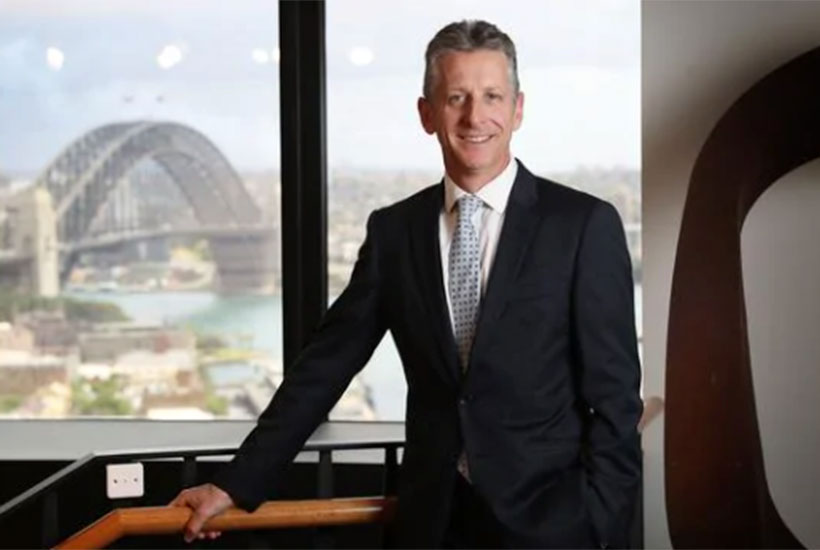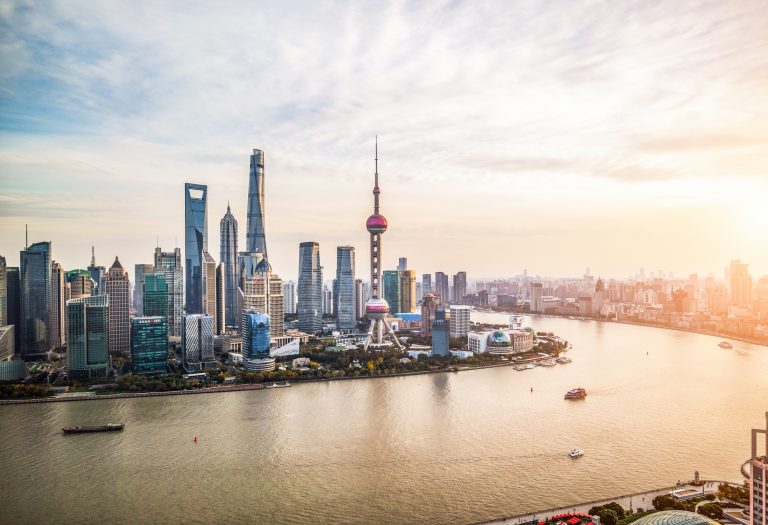Post-pandemic cities taking shape as capital pours into new developments

Australia’s cities are taking shape in the wake of the coronavirus crisis with capital being poured into major projects including billion dollar-plus office towers and luxury apartment projects in the heart of Sydney and Melbourne.
Moves are also underway in other capitals as local developers and international investors chase the relatively safe returns on offer in Australia while much of the world deals with the impact of the coronavirus pandemic.
Big corporates have also been making the move back to work with developers in talks with tenants about taking space in new buildings that can accommodate workers in a COVID safe way.
The plans are backed by a series of pending office transactions, which show that values have held up against fears of a dramatic drop even though conditions remain tough and few organisations are expanding their businesses, even if they need more space to comply with social distancing rules.
Cities are also dealing with the short-term difficulties of restarting economies alongside the need to build new infrastructure as a way of driving longer-term economic growth at a time when some question the future of major cities.
However, billions are being poured into new projects with US group Hines snapping up a Melbourne CBD site for a $1bn-plus office skyscraper.
The return to the city is also being played out in the listed sector with office giant Dexus shrugging off the crisis with a $109m property value lift over the last half.
Dexus CEO Darren Steinberg said there was continued interest from investors despite softer fundamentals in the office occupier market.
“These investors are looking through the current cycle, recognising the long-term value and benefits of being able to increase their investments in Australian real estate. This dynamic, coupled with lower for longer interest rates, has supported cap rates and asset values,” he said.
The Dexus office portfolio value was in line with prior book values as a result of the softer valuer assumptions over the next 12 months relating to rental growth, downtime and incentives, being offset by successful leasing. But the industrial portfolio experienced a rise of about 4.5 per cent, reflecting the heat in the sector globally.
In Sydney, Westfield owner the Scentre Group and super fund-backed Cbus Property are starting work at the David Jones site in the heart of Sydney CBD that will be turned into a $1bn retail and residential project.
The pair are at the vanguard of a renewed push towards high-rise living with projects across the city, including at Barangaroo and Circular Quay, also being built.
There will be high-end retail and offices inside the existing building, while the new 22-storey luxury residential tower will be added above, with 101 apartments.
“We are excited to commence construction on this landmark development, which will usher in a transformative new age of living, working and shopping at the heart of the city’s luxury shopping, parks and lifestyle district,” Cbus Property’s CEO Adrian Pozzo said.
In Melbourne, Hines is working up its office scheme on a site bought from Chinese-backed developer Landream which had planned a 54-storey luxury apartment and hotel tower on the Collins Street site that was designed by the late Zaha Hadid.
The move by Hines, which will now seek permission for an office skyscraper, shows capital is backing the recovery of office towers.
But the 600 Collins Street site will no longer house a luxury Mandarin Oriental hotel after Landream sold the site for about $200m.
Hines says the property is one of Melbourne CBD’s last remaining prime development sites and it would seek to amend the existing proposal to deliver a 60,000sq m premium grade office tower.
Hines managing director David Warneford said the acquisition reflected the firm’s global confidence in the long-term future of the office sector.
“We have witnessed an unprecedented experiment in work-from-home as a result of the pandemic, which has sparked change in the way people will work in the future,” he said. “Businesses will demand office space that responds to their unique needs such as flexible ways of working, a strong focus on health and wellness, an atmosphere conducive to collaboration and continuity of corporate culture and seamless technology integration.”
Other hotel projects are going ahead. Private developer Toga has proposed a new skyscraper beside Atlassian’s planned headquarters in the tech precinct next to Sydney’s central station.
The company’s scheme for the site of The Adina Hotel Sydney Central were released as the NSW government steps up planning for the mixed-use precinct
The tower would rise about 42 storeys and span about 43,000sq m that would be split between a new hotel and offices.
The article originally appeared on www.theaustralian.com.au/property







